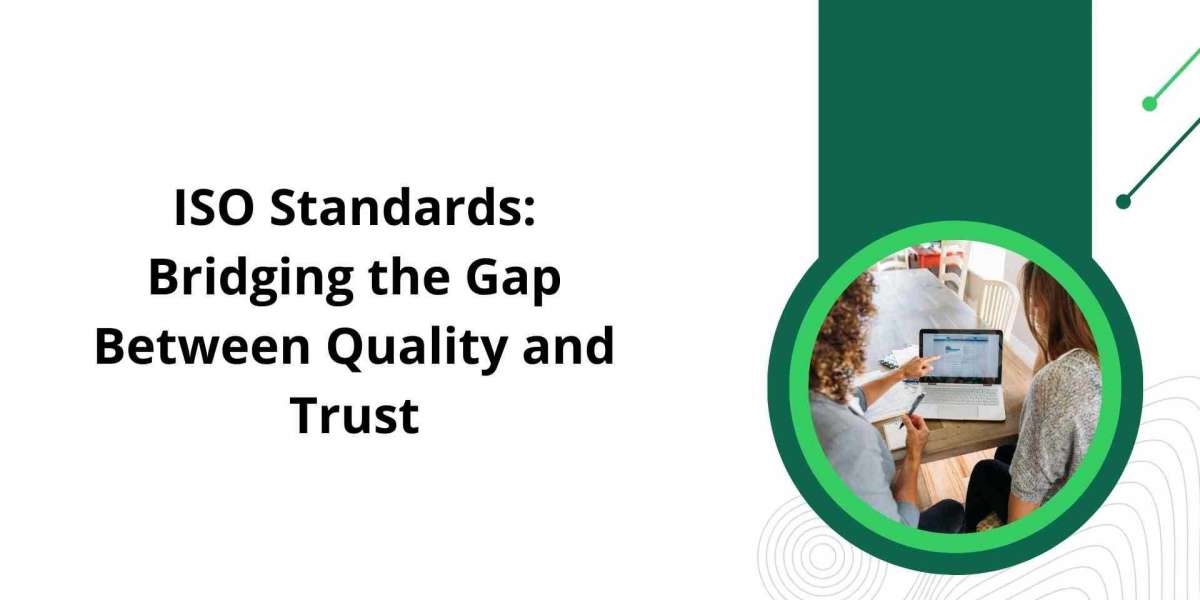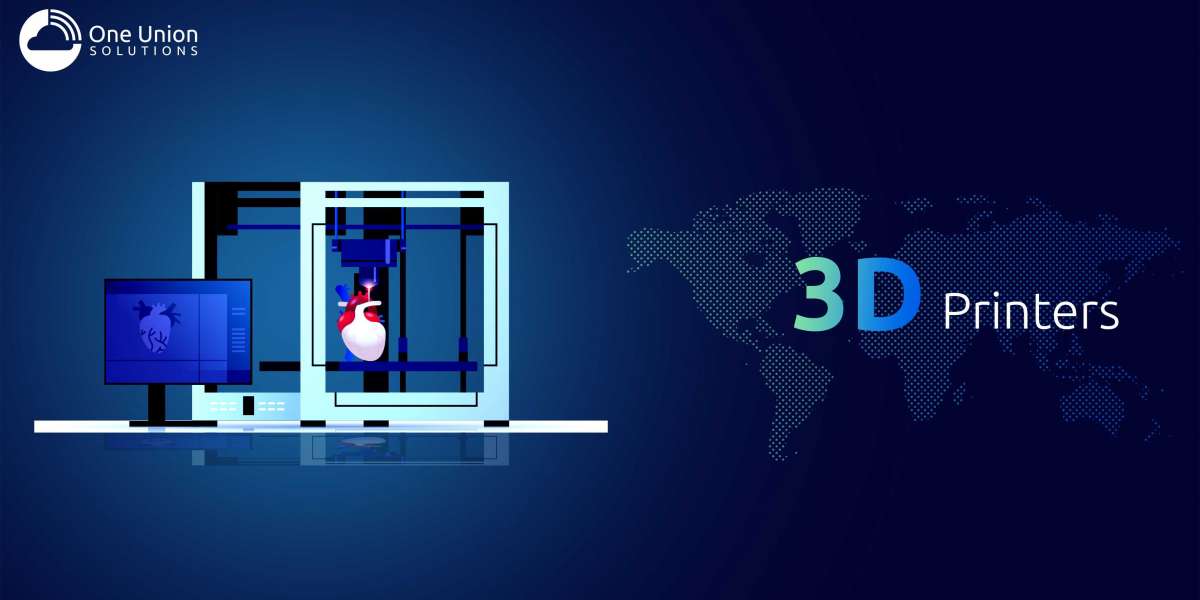Quality and trust are critical for business success in today's globalized world. Consumers expect reliable products and services, while businesses aim to establish credibility in competitive markets. ISO standards, developed by the International Organization for Standardization, play a pivotal role in bridging this gap. These standards ensure that organizations meet consistent quality, safety, and efficiency levels, building trust among stakeholders.
What Are ISO Standards?
ISO standards are internationally recognized guidelines that outline product, service, and system specifications. They are designed to ensure quality, safety, and efficiency across industries. With over 24,000 standards covering everything from manufacturing to healthcare, ISO provides a framework for companies to enhance their processes and meet customer expectations. These standards are developed through a consensus-driven process involving experts worldwide, ensuring they address real-world challenges and remain relevant to diverse industries.
The Importance of ISO Standards
1. Ensuring Quality
ISO standards set benchmarks for quality management, ensuring organizations deliver consistent products and services. For instance, the ISO 9001 Certificate, the most popular standard, outlines the principles of effective quality management systems (QMS).
2. Building Customer Trust
When a company adheres to ISO standards, customers feel confident about the reliability and safety of its products or services. The ISO certification acts as a mark of trust, helping businesses build lasting relationships with their clients.
3. Facilitating Global Trade
ISO standards harmonize technical specifications across countries, reducing trade barriers. By following these standards, companies can enter international markets and collaborate more efficiently.
4. Driving Innovation
Adopting ISO standards encourages organizations to streamline processes and improve efficiency. This not only enhances productivity but also fosters innovation, giving businesses a competitive edge.
Key ISO Standards and Their Applications
1. ISO 9001: Quality Management Systems
- Application: Ensures consistent product and service quality.
- Industries: Manufacturing, healthcare, education, hospitality, etc.
- Impact: Boosts customer satisfaction by improving processes and minimizing errors.
2. ISO 14001: Environmental Management Systems
- Application: Helps organizations minimize their environmental impact.
- Industries: Construction, energy, agriculture, and more.
- Impact: Encourages sustainable practices, reducing waste and conserving resources.
3. ISO 27001: Information Security Management
- Application: Protects sensitive information and mitigates cybersecurity risks.
- Industries: IT, finance, healthcare, and government sectors.
- Impact: Builds trust by ensuring data security and compliance with regulations.
4. ISO 45001: Occupational Health and Safety
- Application: Ensures workplace safety and reduces occupational risks.
- Industries: Manufacturing, construction, mining, and more.
- Impact: Enhances employee well-being and reduces accident-related costs.
How ISO Standards Bridge Quality and Trust
- Standardization Across Industries: By providing a universal framework, ISO standards ensure consistency across industries and regions. This uniformity reassures customers that they are receiving reliable products and services, regardless of location.
- Independent Certification: ISO certification is granted by third-party organizations after a thorough audit. This independent verification adds credibility, demonstrating a company’s commitment to meeting high standards.
- Focus on Continuous Improvement: ISO standards emphasize regular audits and updates, encouraging companies to continually improve their processes. This dedication to excellence fosters customer trust over time.
- Transparent Communication: Organizations adhering to ISO standards often have clear documentation and communication processes, further building trust with clients, employees, and stakeholders.
Benefits of ISO Standards for Businesses
ISO standards provide businesses with a framework to enhance efficiency, ensure quality, and build trust with stakeholders. These internationally recognized benchmarks cover various aspects of operations, from quality management and environmental sustainability to information security and occupational safety. Here’s a detailed look at the benefits ISO standards bring to businesses:
1. Enhanced Customer Satisfaction
ISO standards, such as ISO 9001 for Quality Management Systems, ensure businesses consistently deliver high-quality products and services. This focus on meeting customer expectations enhances satisfaction, builds loyalty, and fosters long-term relationships.
2. Improved Operational Efficiency
Adopting ISO standards helps businesses streamline their processes, reduce waste, and optimize resources. For example, ISO 14001 for Environmental Management encourages sustainable practices, reducing environmental impact while cutting operational costs.
3. Increased Credibility and Market Access
ISO certification is a mark of quality and reliability. It builds trust among customers and partners, giving businesses a competitive edge. Moreover, it facilitates entry into international markets, as many global trade agreements require compliance with ISO standards.
4. Risk Management
Standards like ISO 27001 for Information Security help businesses identify and mitigate risks, particularly in critical areas like cybersecurity. This proactive approach safeguards assets, protects sensitive data, and ensures compliance with legal requirements.
5. Employee Engagement and Safety
ISO 45001 focuses on occupational health and safety, creating a safer workplace and boosting employee morale. When employees feel valued and secure, productivity increases.
The Future of ISO Standards
As industries evolve, ISO standards continue to adapt to address emerging challenges like sustainability, cybersecurity, and digital transformation. Future standards will likely focus on:
- Green Initiatives: Encouraging businesses to adopt eco-friendly practices.
- Data Privacy: Strengthening guidelines for data security in the digital age.
- Global Collaboration: Enhancing standardization for seamless international cooperation.
Note: You can also Apply for ISO 14001 Certification from our website
Conclusion
ISO standards are more than just guidelines; they are a bridge that connects quality and trust. By implementing these standards, organizations can enhance their reputation, ensure consistent quality, and build long-term customer relationships. Whether it’s ensuring product safety, safeguarding data, or promoting sustainability, ISO standards empower businesses to thrive in a competitive world.







